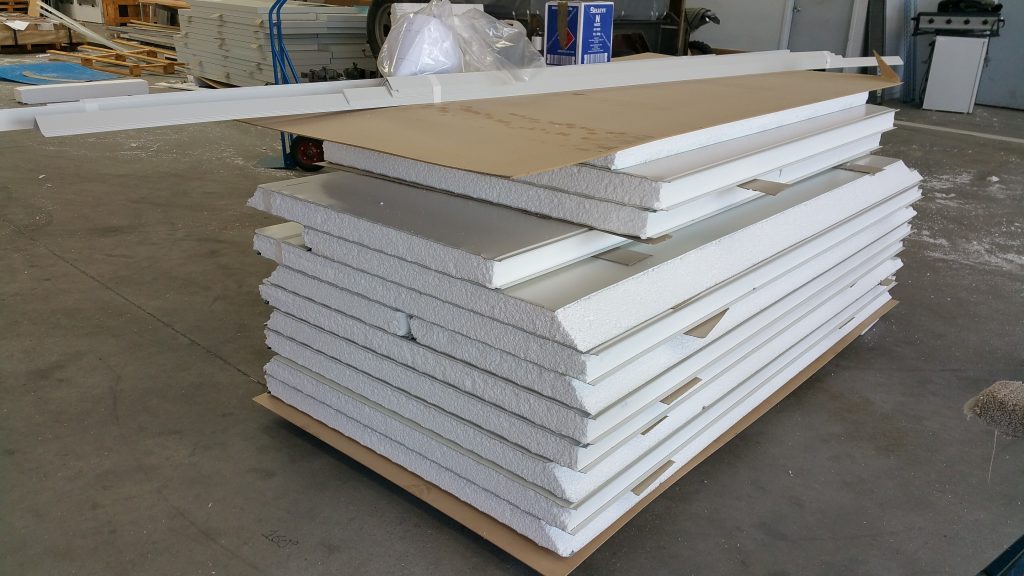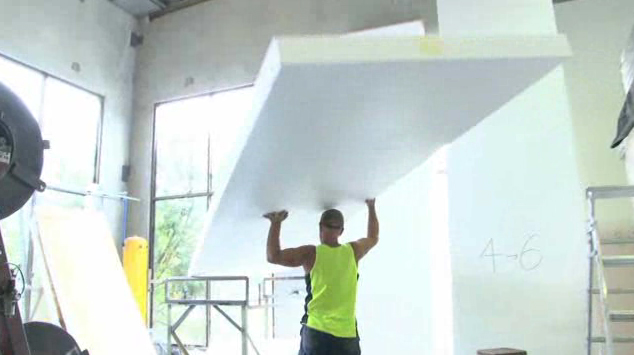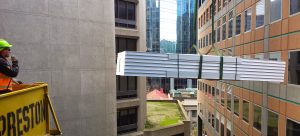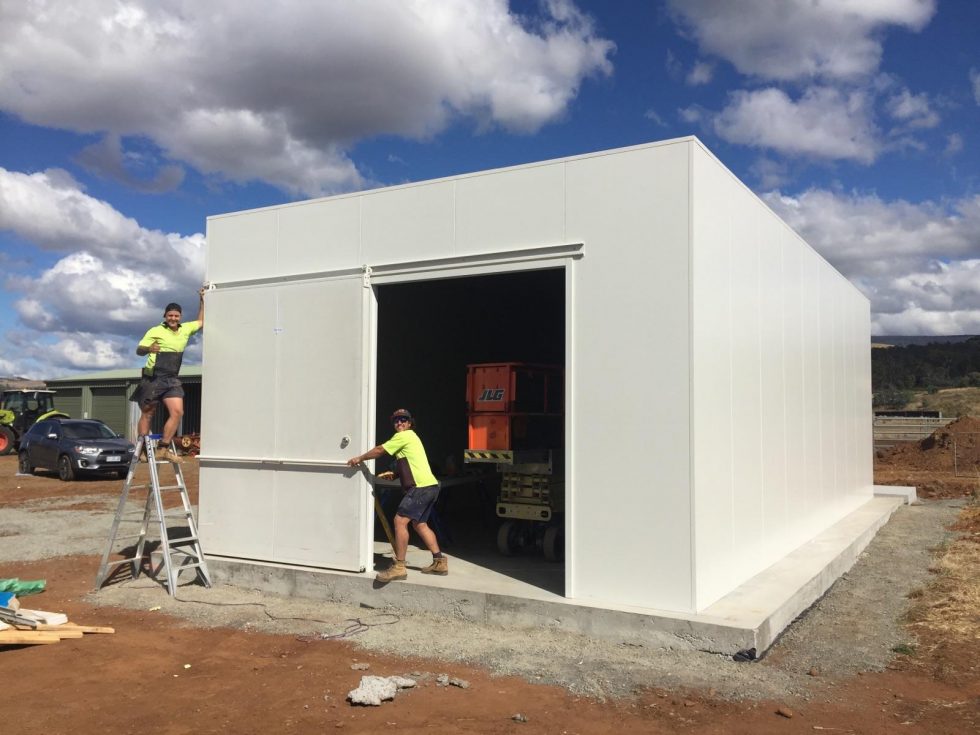Welcome to Burton Industries’ second blog post! Each month, we hope to bring you news on the coolroom panels industry, including posts on coolrooms we’ve built in Melbourne, reviews from our DIY coolroom kit customers, and some little known facts about coolrooms in Melbourne.
A number of customers ask about the effect coolrooms and fridge panels have on the environment. Most worry about fluorocarbons or other environmental nasties having a negative impact. But, in fact, Burton Industries’ fridge panels contain zero fluorocarbons. What’s more, our coolrooms, properly constructed with quality sandwich panels, can have a positive effect on the environment. We wanted to tell you more about the positive impact high-quality coolrooms can have, so this month, we’re talking about coolrooms and the environment.
Environmentally-Friendly Coolroom Panels
Burton Industries’ coolroom panels are made from an expanded polystyrene core (EPS). It’s a lightweight, strong insulatory material that’s used in surfboards, gliders and pontoons, roads, civil engineering, construction, horticulture, and, of course, refrigeration.
“It has been estimated that the effective application of EPS insulation could cut carbon dioxide emissions by up to 50%” — Expanded Polystyrene Australia

Within six months of its use, an EPS sandwich panel will save more energy than was used in its production. So within six months of use, EPS fridge panels are having a positive impact on the environment.

Because it’s so lightweight, more can be moved at once, and for less fuel. So the transportation of EPS coolroom panels costs the environment less as well.

Over its lifetime, an EPS sandwich panel can save up to 200 times the amount of carbon emissions used in its creation. Once installed, by keeping cool air where it needs to be, EPS sandwich panels reduce the energy requirements of your business. Vermin-proof, rot-proof and non-deteriorating, EPS sandwich panels will provide the same level of insulation for its entire life. This means that from six months onwards, EPS sandwich panels are giving a net reduction of CO2 emissions.
Recyclable
EPS can be recycled at almost any stage of its lifetime, and with less energy than it takes to recycle paper or corn-based plastics (PLA). By using recycled EPS, we can further cut down 14% of carbon emissions. So not only will your EPS sandwich panels last a lifetime, when they’re done, they can be used again and again!
Life Cycle Analysis
Recyclable, light to transport, and quick to return your environmental investment, EPS sandwich panels are an economic and environmentally viable solution to your insulation needs. To find out more about EPS sandwich panels, their sustainability, or their application for your business, contact us today.

